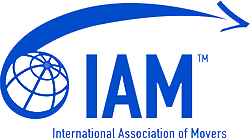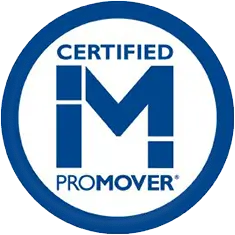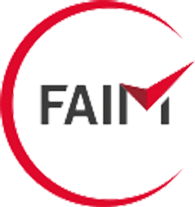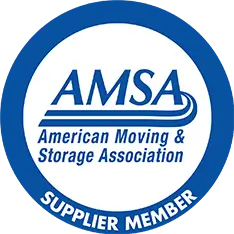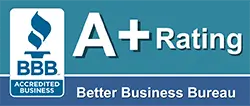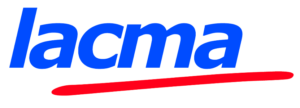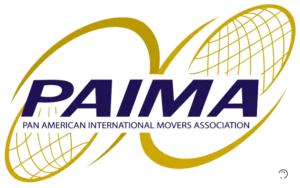Customs clearance can often seem daunting, filled with legal jargon and complicated procedures. However, with the right knowledge and strategies, it can be a seamless process. In this article, we provide expert insights and practical tips to help you navigate customs clearance easily.
Understanding the Basics of Customs Clearance
Customs clearance is the process of acquiring permission for goods to enter a country. This process is essential to ensure that international trade complies with national laws and regulations. Understanding how customs operates is vital for importers and exporters alike.
The Role of Customs Authorities
Customs authorities are government agencies that oversee the movement of goods across borders. Their primary functions include collecting duties and taxes, preventing smuggling and illegal trade, and ensuring compliance with safety and environmental regulations.
These authorities have the power to inspect goods, audit documents, and determine the legality of imports and exports. Understanding their role helps businesses prepare adequately and avoid penalties during the customs process. Furthermore, customs authorities often collaborate with other government agencies, such as health and safety inspectors, to ensure that imported goods meet local standards. This collaboration can lead to more thorough inspections and a greater emphasis on compliance, which ultimately protects consumers and the economy.
Key Terminology in Customs Clearance
Familiarity with customs terminology is critical for anyone involved in international shipping. Key terms include customs duties, tariffs, imports, exports, and bills of lading. Knowing these terms allows for better communication and understanding throughout the clearance process.
Additionally, understanding acronyms like HS (Harmonized System) code, which classifies products for tariffs, can help in declaring items accurately, thereby minimizing delays and issues. It’s also important to recognize terms such as “incoterms,” which define the responsibilities of buyers and sellers in international transactions. These terms clarify who is responsible for shipping, insurance, and tariffs, thus preventing misunderstandings that could lead to costly delays in customs clearance. Moreover, staying updated on changes in customs regulations and trade agreements can significantly impact the efficiency of the clearance process, making it essential for businesses to remain informed and adaptable in this dynamic environment.
The Importance of Accurate Documentation
Accurate documentation is the backbone of effective customs clearance. Incomplete or incorrect documents can lead to significant delays, fines, or even confiscation of goods. Therefore, it is essential to ensure that all paperwork is meticulously prepared and verified. The stakes are high, as businesses rely on timely deliveries to maintain their supply chains and meet customer expectations. A single error in documentation can ripple through the entire logistics process, causing not only financial loss but also damaging relationships with clients and suppliers.
Essential Documents for Customs Clearance
Some of the essential documents needed for customs clearance include:
- Commercial Invoice: Details the transaction, including buyer and seller information, product descriptions, and costs.
- Packing List: Lists all items in a shipment, their quantity, and weight.
- Bill of Lading: Serves as a contract between the shipper and transport company, outlining the specifics of transportation.
- Import/Export Licenses: Required permits for specific types of goods.
Having these documents readily available ensures that you have everything needed for a smooth customs process. Additionally, it is beneficial to maintain digital copies of these documents, as electronic records can expedite the verification process and serve as backups in case of loss or damage to physical documents. This proactive approach not only enhances efficiency but also provides peace of mind during the often complex customs procedures.
Common Mistakes in Documentation
Many importers and exporters make common mistakes that complicate customs clearance. Frequent issues include:
- Providing incorrect or outdated information.
- Failing to include all necessary documents.
- Misclassifying goods under the wrong HS code.
To avoid these mistakes, it’s crucial to double-check all information and consult with experts when needed. Engaging with customs brokers or logistics professionals can provide invaluable insights into the nuances of documentation requirements, especially for businesses new to international trade. Furthermore, regular training sessions for staff involved in the documentation process can help them stay updated on changing regulations and best practices, ultimately reducing the likelihood of errors and enhancing overall compliance.
Navigating Customs Regulations
Customs regulations vary from country to country and can change frequently. Understanding these rules is pivotal for compliance and smooth processing of shipments. The complexity of these regulations can often overwhelm businesses, especially those new to international trade. Therefore, investing time in training and resources dedicated to customs compliance can pay off significantly in the long run.
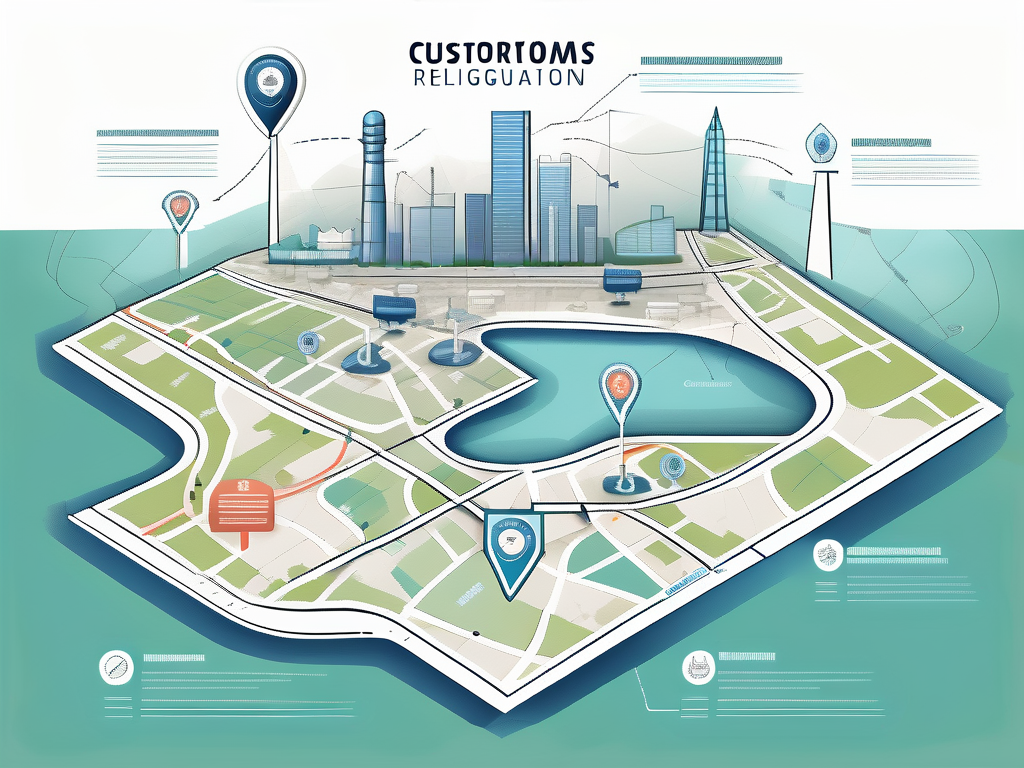
Understanding Tariffs and Duties
Tariffs and duties are fees imposed on goods when they cross international borders. Tariffs are taxes levied on imports, often to protect domestic industries, while duties can vary based on product type and country of origin. Each country has its own classification system for goods, which can affect the tariff rates applied. For example, the Harmonized System (HS) codes play a crucial role in determining the correct tariff classification and ensuring that businesses are not overpaying or underpaying their duties.
To minimize costs, it’s essential to understand how these fees are calculated and determine if there are any exemptions or lower rates applicable to your products. This knowledge can significantly reduce your overall expenses in international trade. Additionally, businesses should consider consulting with customs brokers or trade compliance experts who can provide insights into potential cost-saving strategies and help navigate the often convoluted landscape of international tariffs.
Compliance with Import and Export Regulations
Compliance with regulations is not just about paperwork; it’s also about adhering to ethical practices in trade. This includes ensuring that products meet safety and environmental standards required by the importing country. Many countries have stringent regulations regarding hazardous materials, labeling, and packaging, which can vary widely. Therefore, it’s essential for businesses to conduct thorough research and possibly engage in pre-compliance assessments to avoid costly mistakes.
Failing to comply with these regulations can result in significant penalties, including fines and revocation of import/export privileges. This makes it crucial for businesses to stay informed about legislative changes and requirements in the countries they operate. Regular training sessions for staff involved in logistics and compliance can help maintain a culture of awareness and diligence, ensuring that everyone is up-to-date on the latest regulations. Furthermore, establishing a robust internal compliance program can serve as a proactive measure to mitigate risks associated with international trade, ultimately safeguarding the business’s reputation and financial health.
The Role of a Customs Broker
Customs brokers play a vital role in the customs clearance process. They act as intermediaries between exporters/importers and government customs authorities. Their expertise can be invaluable, particularly for first-time importers.
When to Hire a Customs Broker
If you are new to international trade or are dealing with complicated shipments, it may be wise to hire a customs broker. They have in-depth knowledge of customs laws and can assist in preparing and submitting the necessary documentation.
Moreover, for businesses shipping large volumes or various types of goods, a customs broker can significantly streamline the process and handle unforeseen issues that may arise.
Benefits of Using a Customs Broker
Utilizing a customs broker offers several benefits, including:
- Expert guidance on compliance and regulations.
- Access to specialized software and tools for documentation.
- Increased efficiency and reduced likelihood of costly delays.
Given these advantages, investing in a customs broker can be a strategic decision for businesses engaged in international shipping.
Tips for a Smooth Customs Clearance Process
Preparation is key to ensuring a smooth customs clearance process. Following specific best practices can help expedite your shipments and reduce frustrations.
Preparing Your Shipment
Before shipping your goods, ensure that all documentation is in order and that you understand the specific customs requirements for your destination country. This includes proper labeling and packaging of goods to avoid unnecessary complications.
Additionally, consider the timing of your shipments. Ship during off-peak seasons, if possible, to avoid delays associated with high-volume periods.
Dealing with Customs Inspections
Occasionally, shipments will be subject to customs inspections. Being prepared for this possibility can reduce anxiety and ensure quicker resolution. Ensure that all documentation is easily accessible and that your goods are well-organized.
In the event of an inspection, remain calm and cooperative, as this can facilitate a faster process. Being informed and prepared minimizes delays and allows for a smooth transit through customs.
In summary, understanding customs clearance is crucial for anyone involved in international trade. By focusing on accuracy in documentation, familiarizing yourself with customs regulations, and considering the use of a customs broker, you can navigate this often-complex process with confidence.









